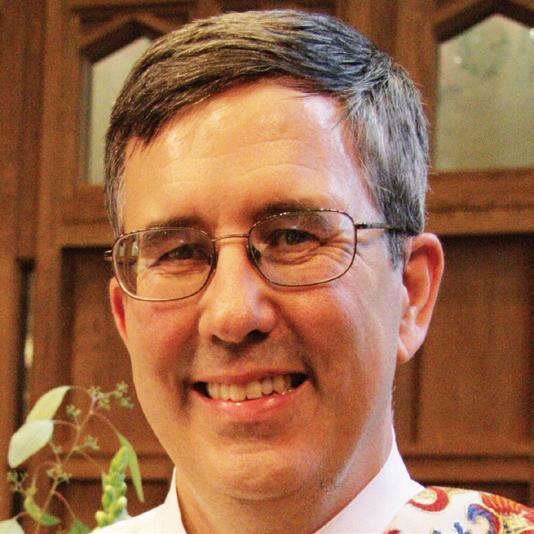
1 minute read
Deacon as chaplain
Almost all vocational (permanent) deacons are not employed by an individual congregation or by the diocese but work in the secular world. Vocational deacons serve liturgically at a church in addition to their regular job. One of my day jobs is that of a hospice chaplain employed by Community Care Hospice, an affiliate of Ohio’s Hospice. Community Care Hospice is a non-profit organization serving an area encompassing over ten counties in southern Ohio based from an office in Wilmington.
The ministry of a hospice chaplain is focused primarily on providing spiritual care to patients diagnosed with a terminal illness and the families who support them. This support can take many forms. Many patients and loved-ones are comforted by prayers, Scripture reading or theological reflections. Others may share memories and recollections of earlier events in their lives. On occasion the chaplain may simply provide a ministry of presence by sitting quietly with patients, families and friends as end of life events unfold.
Advertisement
As a chaplain, I serve people with a variety of faith traditions and spiritual backgrounds, including Jewish, Muslim, Hindu, and a vast diversity of Christian denominations. While some clients have strong connections to their faith community, others may have had little or no connection to a faith group. The result is that a hospice chaplain must be prepared to minister to people wherever they may be, remembering that all people are children of God and created in God’s image. I have distributed communion, baptized persons and officiated at funerals in order to meet the needs of hospice patients and families at their time of need.
I offer my thanks and appreciation to the people and clergy of St. George’s, Dayton, as the spiritual support of the community helps me to “Go in Peace to love and serve the Lord.”
Submitted by the Rev. William Sangrey

The Rev. William Sangria








